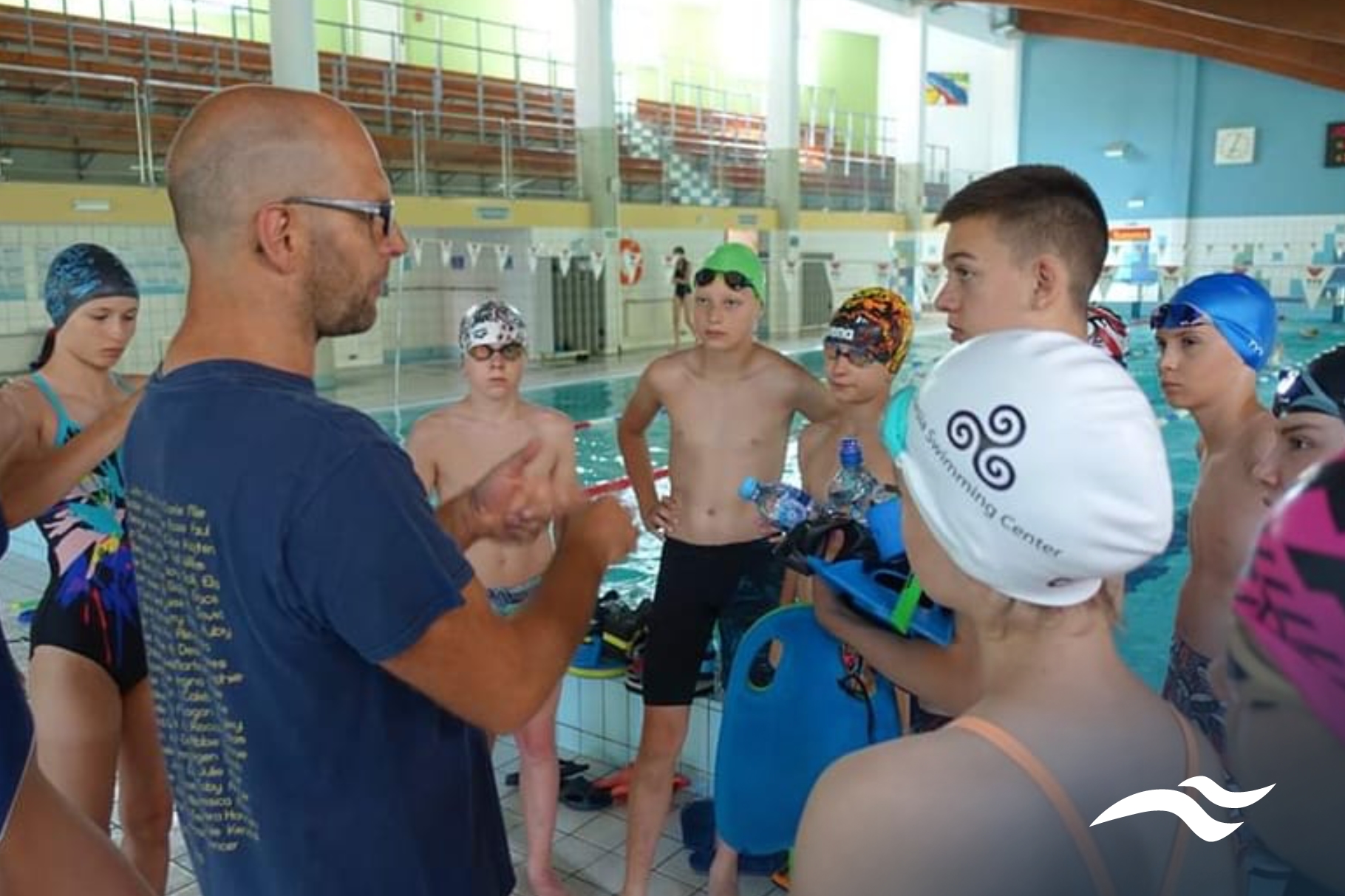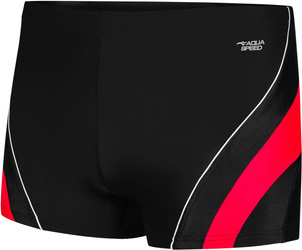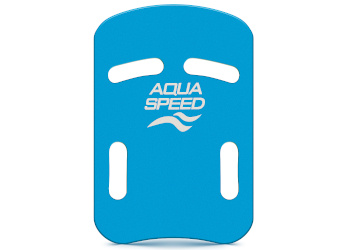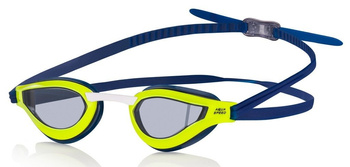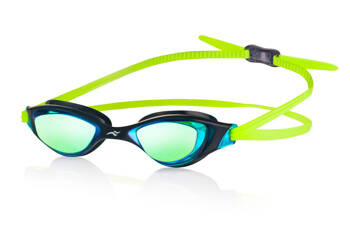Can You Burn Out in Swimming? Yes, you can! This is surprisingly common among young swimming athletes. Maciej Rakowski from MWR Sport shares insights on how to nurture a passion for swimming and how to understand and accept the process of a young swimmer stepping away from competitive sports.
Burnout in Swimming?
Can young swimmers experience burnout? If so, why?
Absolutely. It’s important to remember that achieving results in swimming requires spending many hours in the water, often in the same pool—swimming back and forth from one wall to the other, frequently at very early hours. If coaches experience fatigue and burnout, it’s no surprise that young swimmers do too. Statistically, the largest number of children participate in swimming between the ages of 11 and 13. After this period, many athletes start leaving the sport. This is, to some extent, a natural phenomenon.
At a certain age, young individuals realize they may not become world champions. The childhood fascination with sports begins to fade, and other interests emerge. A coach can—and should—do a lot to ensure that young swimmers don’t lose their enthusiasm prematurely and continue to find satisfaction in the sport.
From both a health and systemic perspective, it’s best for swimmers to stay involved in the sport for as long as possible.
Maciej Rakowski: An experienced sports coach with swimming coach qualifications from the Academy of Physical Education and Sport in Gdańsk, the United States (Level 3 USA Swimming Coach), and the United Kingdom (Level 3 Swim England Coach). He is also a certified USA Triathlon coach. Maciej is the author of articles on sports training and the book "Competitive Swimming Training." Currently, he is involved in training coaching staff for the Institute of Swimming. He delivers lectures, training sessions, and swimming workshops. From 1999 to 2020, he coached athletes in swimming clubs in the USA, Poland, and the UK.
Swimming: Health and Relationships
Is swimming a demanding sport or more of a fun physical activity?
Swimming is both a demanding sport and a fun physical activity. Children naturally love swimming because it’s so different from other activities. However, swim training can be tough and monotonous. Young swimmers often train more than adult athletes in other sports. Waking up at 5–6 a.m. for practice is an unimaginable feat for most young people, but for swimmers, it’s just another day. There’s something extraordinary and admirable in that daily effort.
Swimming, more than any other sport, builds character and self-discipline. Swimmers often develop strong friendships because they spend so much time together. Additionally, swimming is an excellent health-promoting activity. With proper training, it doesn’t strain the skeletal and joint systems and has a positive impact on the overall development of a young body.
Sustaining a Passion for Swimming
How can we sustain the passion for swimming among young athletes?
Much depends on the coach. A good coach can make training engaging and exciting. In today’s world, where children are bombarded with dopamine from electronic devices, training—and the coach—must compete with TikTok and YouTubers. A coach who expects high levels of engagement and motivation from kids because they assume children today are the same as those before the “smartphone era” may face significant disappointment.
Nowadays, coaches should focus on instilling a genuine passion for swimming in young athletes. Remember, a coach’s enthusiasm is highly contagious. If the coach is energetic and excited, young swimmers will want to attend training sessions, even when they’re challenging and demanding. Great swimming coaches often say that a training plan should excite them first; otherwise, they won’t execute it with their athletes.
It’s up to us whether planning a session takes 5 minutes or half an hour. Furthermore, training should never just be about completing laps. Swimmers need to feel they are not only improving their endurance but also learning new skills. That’s when they become truly engaged. The coach is also responsible for creating a positive atmosphere during practice and should strive to think outside the box.
We won’t ruin our swimmers’ careers by adding a bit of fun now and then—throwing in a ball, organizing relays, or even letting them slide down a water slide.
For variety, we recommend trying open water competitions. Click the image below and challenge yourself in open water!
The Role of a Coach in Swimming
What is the coach’s role in building "success," and what can success mean?
In countries where success in sports is defined by the athlete's development based on their individual needs rather than strictly on results, athletes achieve a higher level of performance. Most coaches, especially in our country, aim to train athletes who achieve international success. In this pursuit of finding "diamonds," we often overlook athletes with average or low talent and fail to train them according to their potential. Every athlete wants to feel that their development is important to the coach.
A coach's success should be defined by helping each athlete reach their full swimming potential, not just the best performers. For one athlete, their "championship" might be winning a medal at age-group nationals; for another, it might be reaching the finals at a local meet.
Success is not solely measured by the number of medals won or records broken. Success might also mean that, after retiring from their swimming career, athletes achieve professional and personal accomplishments thanks to the training and values instilled through their sport.
Success can also be seen when an athlete chooses to become a coach themselves in the future. And, finally, success is when former athletes maintain a connection with their coach, appreciating how significant that period was in their lives.
Explore how to build a dual career in sports or how to become a lifeguard !

